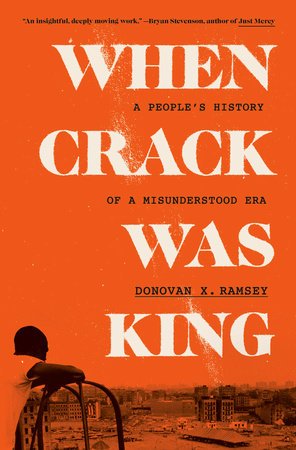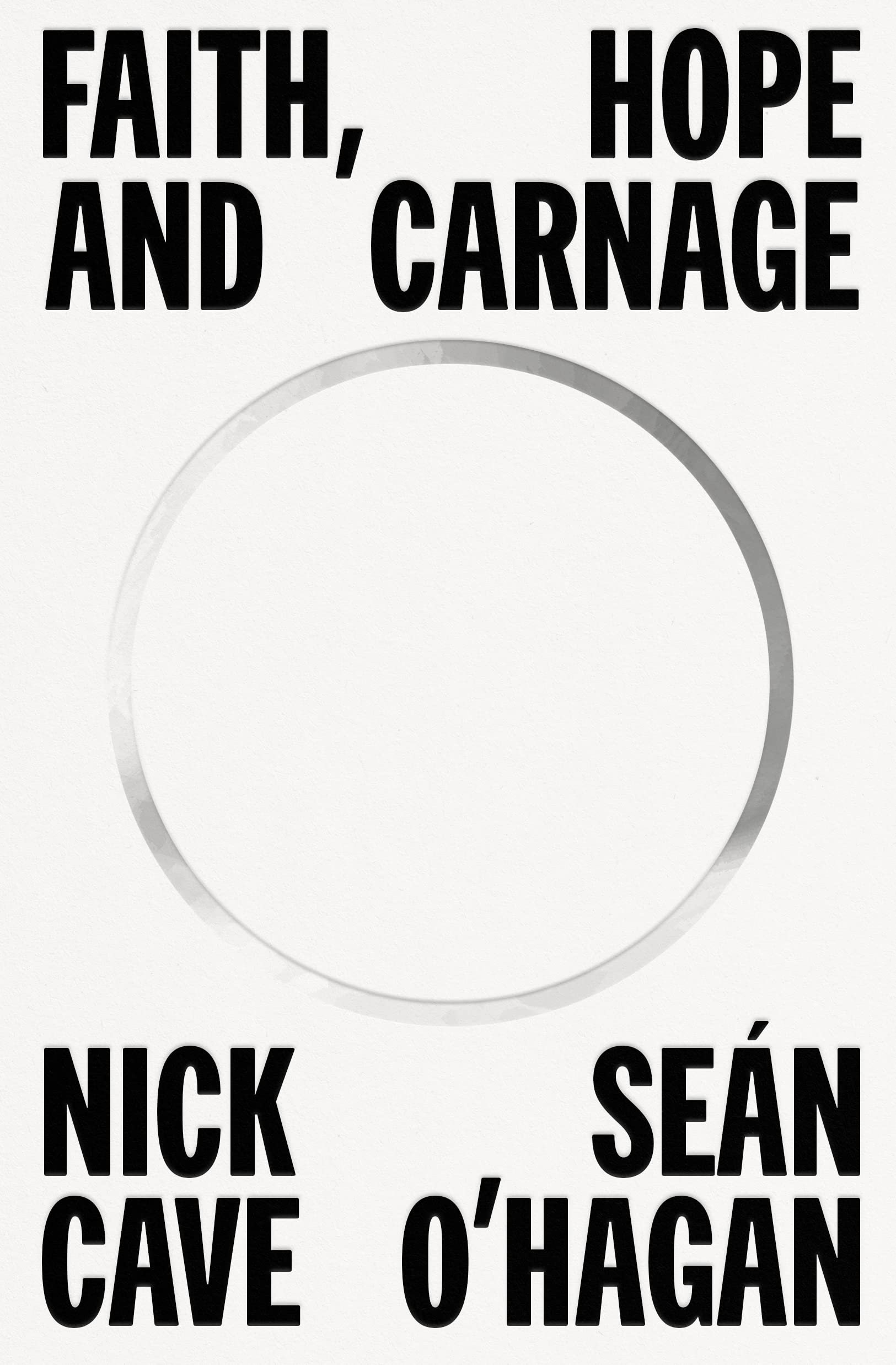This is the first new read I’ve picked up in a while. I’ve been working my way back through Stephen King’s short story collections and didn’t have much to write about them (they’re good). I put The Lost City of Z on hold a while ago and forgot about it, sp when it came in I only roughly remembered what it was about. Fortunately, my interests are more consistent than my memory, and I usually end up enjoying the things my past self requests for me. So it was here.
The Lost City of Z is a journalistic account of the life of Percy Fawcett, one of the last Great White Explorers, a group seen much less kindly these days, but that loomed large in the British—and by extension, the global—imagination around the turn of the 19th century. Whatever you think of the European inclination to explore uncharted lands—or, indeed, to consider lands where people had lived for ten thousand years “uncharted” in the first place—Fawcett was a remarkable man, possessed of a keen mind, an unparalleled drive, and an almost inhuman constitution (he seemed never to get sick, even when everyone else in his party was half-dead with rot and fever). After several tresk through the Amazon, he became obsessed with the notion of a lost civilization paved in gold, a place commonly called El Dorado, which he referred to as Z. In his quest for Z, Fawcett disappeared along with his son and his son’s friend, his whereabouts and even ultiamte fate unknown.
Parallell to the story of Fawcett’s life and disappearance, the author David Grann details his own efforts to pick up the mystery that had consumed hundreds of others before him. What he finds isn’t something I want to spoil, but the book has an exciting conclusion that suggests Fawcett wasn’t as far off the mark as his detractors claim.
The writing is engaging journalistic prose, unadorned but full of keen detail. I enjoyed reading it.



















